Breaking
- MENU
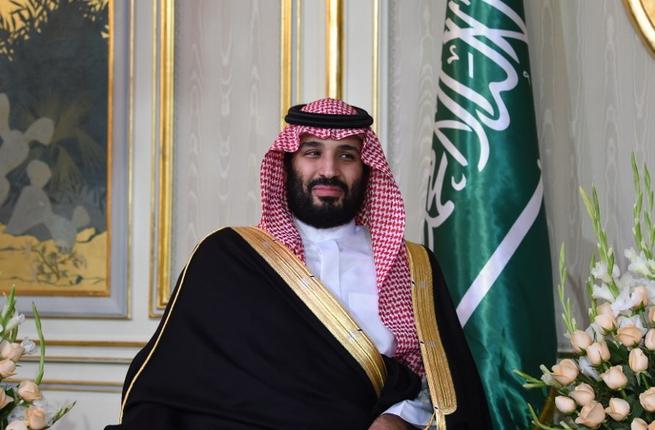
The ruling Saudi family has historically drawn their legitimacy from their proximity to the conservative Wahhabi clerical establishment. Indeed, the founder of the Saudi dynasty married the daughter of Muhammad ibn Abd al-Wahhab. An ultra-conservative strict Sunni Islam came to characterise Saudi Arabia and was exported by Riyadh from Africa to the America, from Bosnia to Bangladesh, and from India to Indonesia. Under the circumstances, it was no coincidence that 15 of the 9/11 hijackers were Saudi nationals and that Al Qaeda’s founding leader—Osamabin Laden—hailedfrom a prominent Saudi family. Riyadh consequently came under increasing criticism as an incubator for religious extremism.
Since his ascent to the position of Crown Prince in June 2017, 32-year-old Mohammed bin Salman has ostensibly attempted to create a forward-looking, tolerant Islam. Shortly after his ascension to be next in line to the Saudi throne, he stated, “We will not waste 30 years of our lives in dealing with extremist ideas. We will destroy them today. We only want to go back to what we were: moderate Islam that is open to the world, open to all the religions”. Words were followed by action. His father, King Salman, established a new authority to scrutinize hadiths – accounts of sayings of the Prophet Muhammad – which lend themselves to a violent interpretation of the faith. Moreover, the Saudi government that vets clerics in 70,000 mosques has dismissed those clerics which espoused radicalism.
Riyadh has also established two bodies – the Global Centre for Combating Extremist Ideology and the Ideological Warfare Centre – that seeks to combat, expose and refute extremist versions of the faith. Other changes initiated by the Crown Prince including lifting the Kingdom’s 35-year ban on cinemas, removing the ban on women driving, limiting the powers of the religious police and minimizing the role of religious scholars in issues of governance.
Whilst the young Crown Prince has his supporters whose view his reforms as courageous and as the `most daring modernizer the Arabian Peninsula has seen in living memory’, critics are far more sceptical pointing that the reforms are too superficial as opposed to foundational. Such foundational reform—challengingthe basic principles of Wahhabism—willfurther undermine the legitimacy of an already tottering Saudi Royal Family. For self-preservation, specifically as it relates to the West, the Saudis are embarking on more a public relations exercise. The superficiality of the reforms being undertaken is also highlighted by the fact that Riyadh continues to spend US$4 billion per annum exporting their intolerant form of Salafi Islam abroad. Moreover, whilst Riyadh is dependent upon the religious establishment for its legitimacy, these clerics are dependent on the government for their salaries. As such, the moderate message espoused by these co-opted ulema will be rejected on account of their proximity to an authoritarian and corrupt regime.
Other critics note that the reforms being conducted has a lot to do with the ambitious prince aiming to consolidate his power. His succession to the throne was un-procedural as his uncle was supposed to succeed him. His removing so-called religious conservatives was really an effort to shift power away from his uncle’s supporters towards himself. In the same way, the Crown Prince’s so-called anti-corruption drive in November 2017 that witnessed several royal family members and ministers arrested was more about marginalizing those who were critical of his power-grab. In the process Crown Prince Mohammed bin Salman has, in the words of Doug Bandow, turned the kingdom from a “consensual, familial autocracy into a more traditional personal dictatorship”.
Moreover, the Crown Prince is no reformer. His government in August 2018 arrested two women’s rights activists accusing them of working with some foreign enemy state and then he went on to arrest an Islamic scholar and his three sons for publishing a book critical of the royal family. The Saudi government also sponsored an application called Absher. This has been downloaded 11 million times in the kingdom by February 2019 and allows male guardians (fathers, brothers, husbands) to set travel restrictions on women’s visas, effectively preventing them from leaving the country.
The brutal murder of journalist Jamal Khashoggi by Riyadh makes a mockery of any attempt at reform in the kingdom. Moreover, US intelligence reports have highlighted the fact that Khashoggi’s murder was no aberration. The Crown Prince had authorised the secret campaign to silent dissent in the kingdom. This entailed surveillance, kidnapping and torture of Saudi citizens in and outside the kingdom for more than a year before the horrific killing of Khashoggi in Istanbul. Members of the same team which participated in the murder of Khashoggi were responsible for silencing other dissenters.
A hereditary monarchy runs against the grain of democratic Islamic practice and there is no evidence that the reforms being undertaken in Saudi Arabia is being done to enhance democracy in the desert kingdom. Moreover, historical precedent would suggest that like Ataturk’s Turkey, Reza Pahlavi’s Iran, Muhammad Ali’s Egypt ((1769-1849) and Ottoman Sultan Mahmud II (reigned 1808-1839) reforms which were top-down, the social reforms that the Crown Prince has embarked upon in terms of opening up cinemas and allowing women to drive may not have the support of the bulk of the population and there is a growing conservative backlash brewing in the kingdom. Given Crown Prince Bin Salman’s own increasingly tenuous struggle to hang onto political power, it is highly likely that any successor will not continue with the reform agenda, superficial as it is.
As part of its editorial policy, the MEI@ND standardizes spelling and date formats to make the text uniformly accessible and stylistically consistent. The views expressed here are those of the author and do not necessarily reflect the views/positions of the MEI@ND. Editor, MEI@ND: P R Kumaraswamy
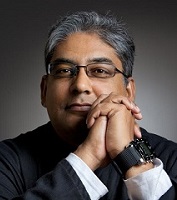
Prof Hussein Solomon is an expert on conflict resolution, fundamentalism. He is a member of the International Advisory Council of the Toda Institute for Global Peace and Policy Research in Hawaii
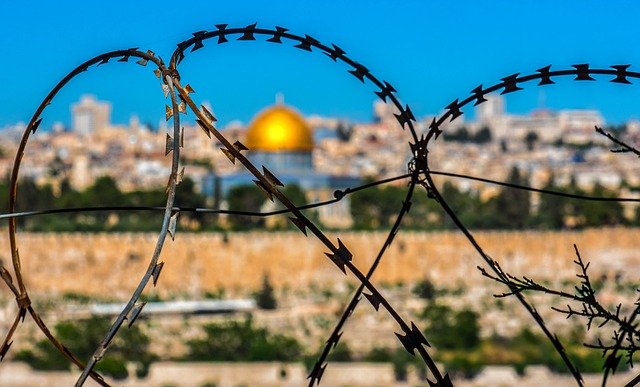
I’ve attempted to refrain from commenting on the Hamas-Israeli conflict, and failed. As an old.....

Much media attention was paid to the so-called Abrahamic Accords signed between Israel and the Unite.....
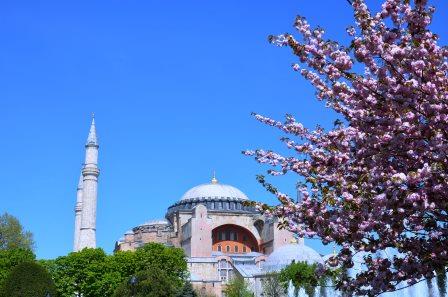
There is a wonderful story about Caliph Umar which I am particularly drawn to as a Muslim. Following.....
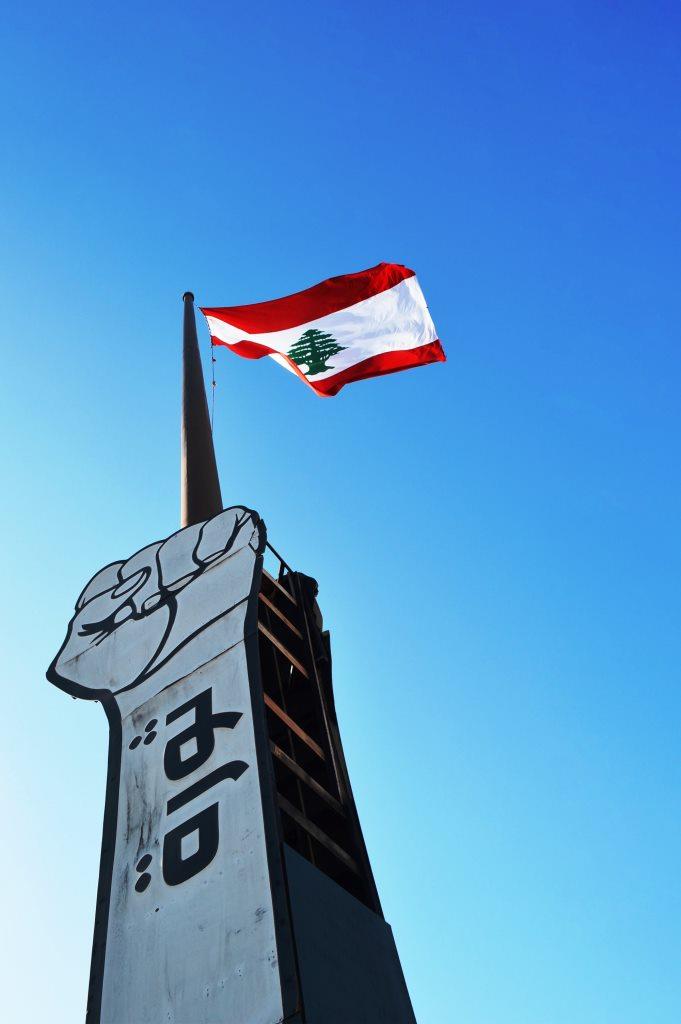
How does one manage a fractious polity with multiple identities existing amongst citizens? Some anal.....

Exploring the Interface between Rentier States and Authoritarianism The Middle East North Africa .....
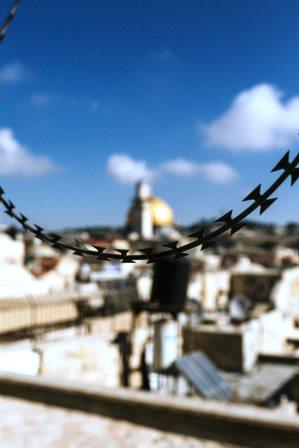
As a child, this triple Abrahamic tradition in my family has always fascinated me as I attended a Ca.....
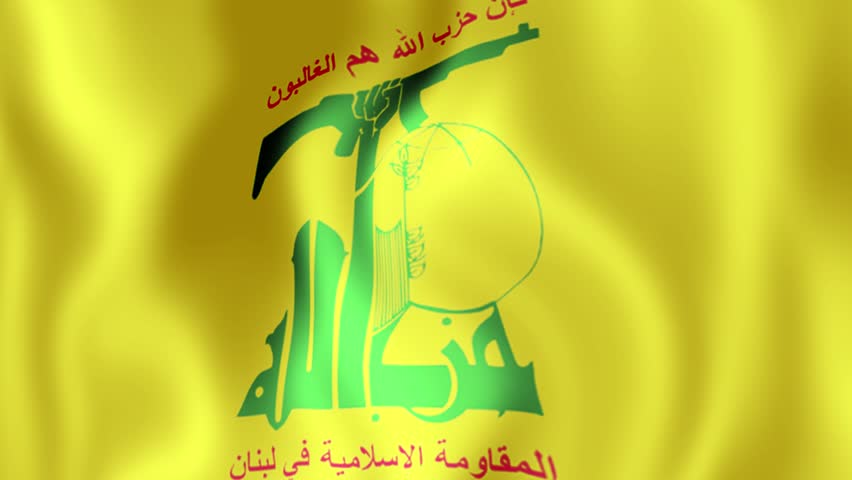
1. INTRODUCTION: FRAMEWORK OF ANALYSIS “Prior to September 11, 2001, Hezbollah was re.....
